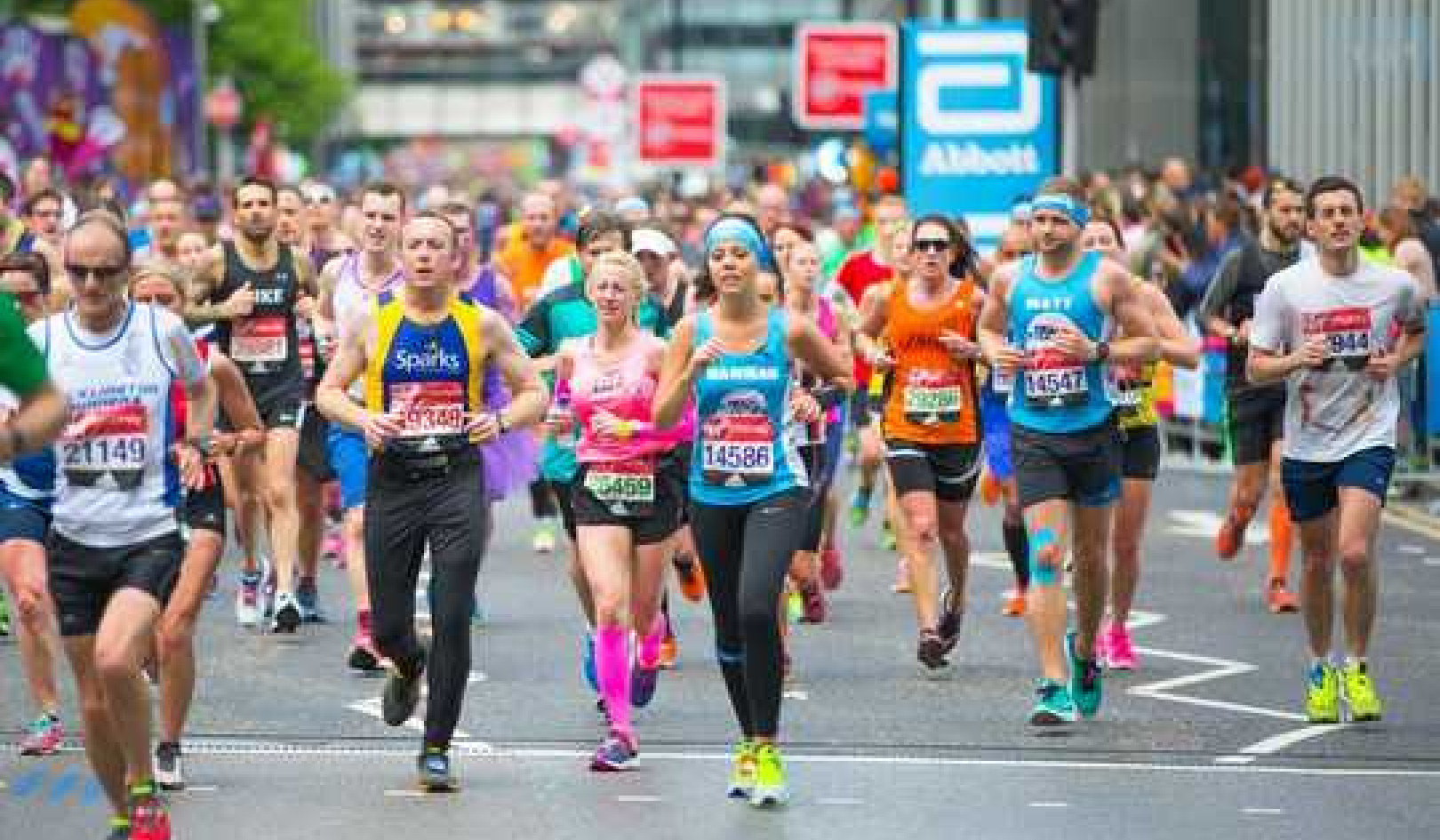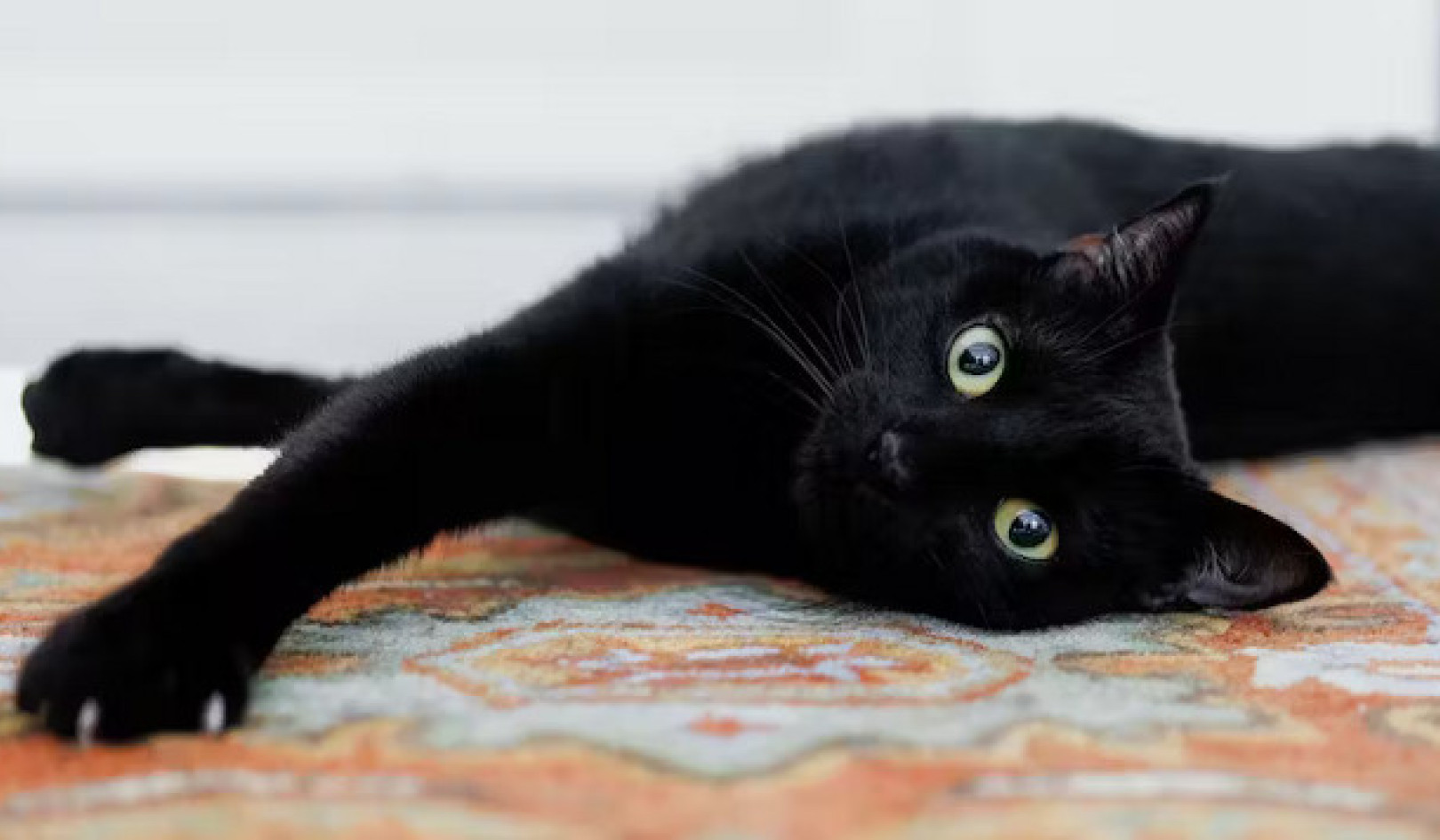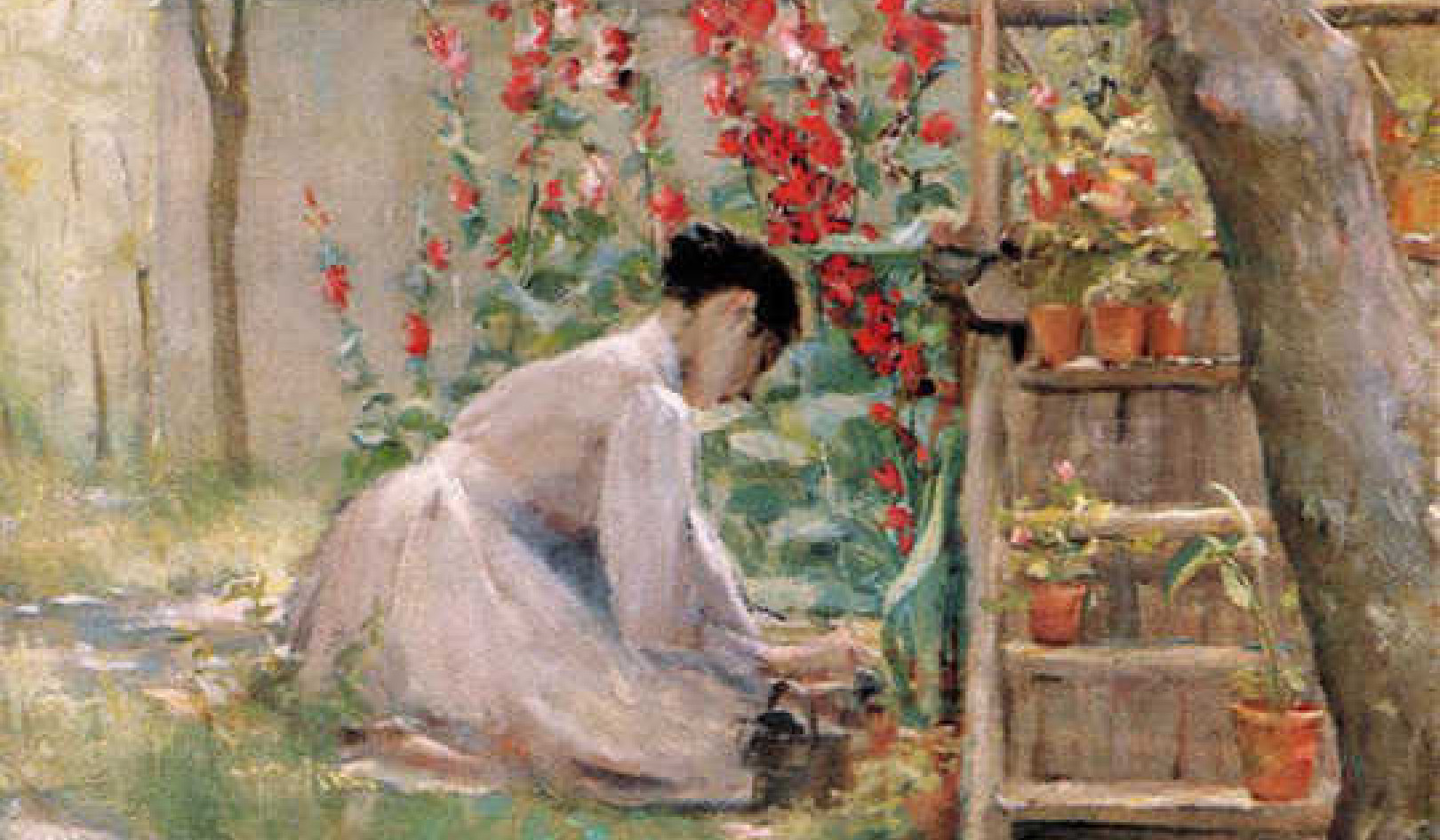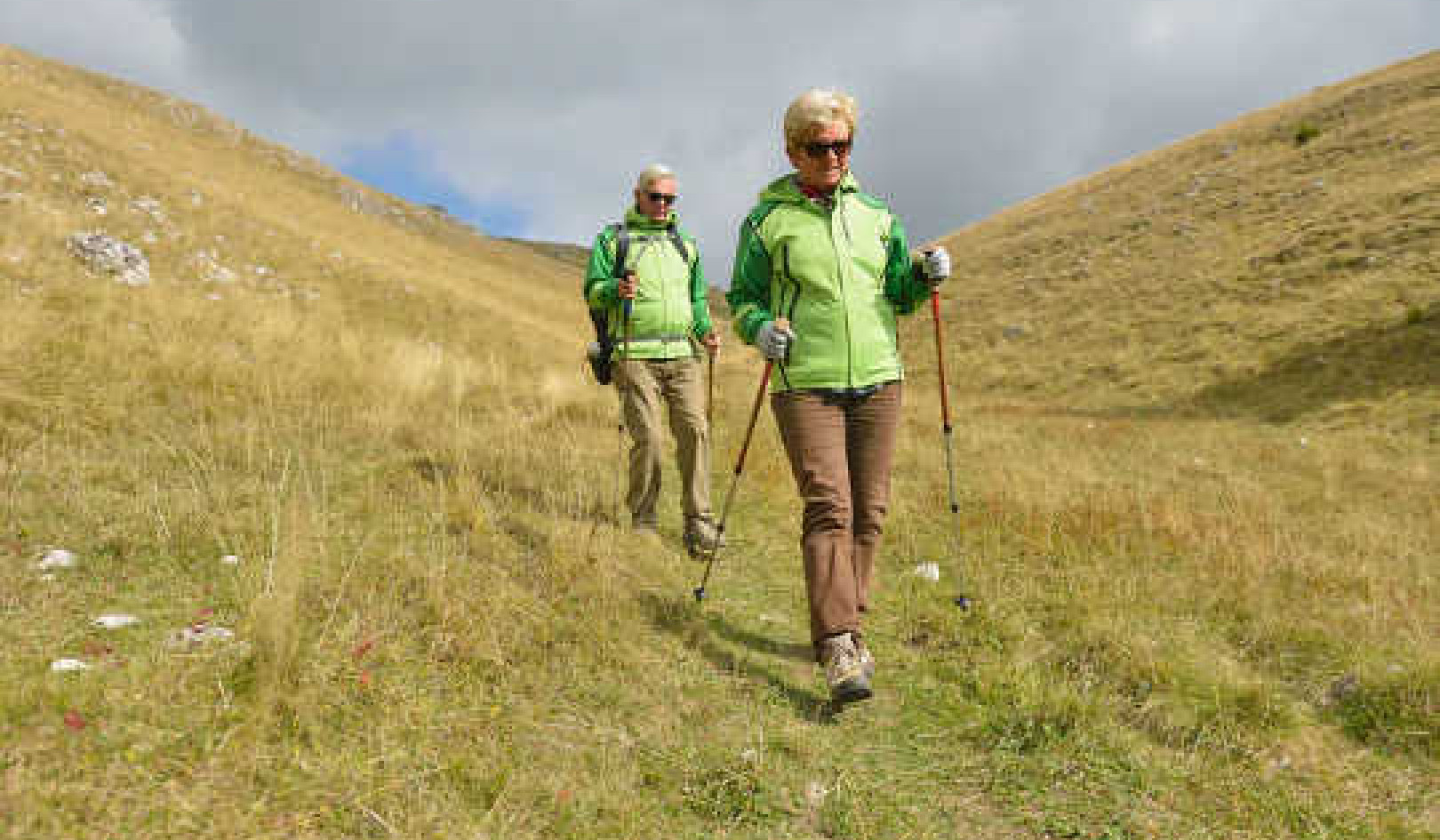
Whether it’s Bonfire Night, Thanksgiving, or just an everyday celebration, every winter, as soon as the clocks go back, the fireworks begin. And while some aren’t affected in the slightest, around 45% of dogs have a firework phobia, something that is becoming an increasingly serious welfare concern. However, with the right training you can help your dog to become more confident during firework season.
First, a brief word on what we really shouldn’t be administering to our fearful dogs. Sedatives are all too often prescribed to firework phobic dogs. ACP (acepromazine) is one such drug – but it has been demonstrated to actually increase noise sensitivity in dogs while also decreasing their ability to physically respond. In other words, the drug can make your dog more aware of the noise but less able to respond to it. Imagine for a moment that you are really scared of spiders. Now imagine you’re locked in a room full of spiders. And then imagine that you’ve been sedated so you cannot move. An outsider may think, because you’re not reacting, that you are fine. Yet inside, you most certainly are not.
More recently, sedatives such as dexmedetomidine are being advertised to vets and dog owners for fearful dogs, yet these can pose serious health risks even at low doses – for example, by reducing the amount of blood being pumped around the body. Indeed, the Small Animal Formulary (an encyclopedia for medicine) states that oxygen supplementation is advisable when administering these drugs in all animals.
On the flip side, there are medications that safely can reduce anxiety – some also decrease a dog’s ability to remember the event the next day, such as benzodiazepines. However, studies suggest that if owners are using medication during firework season they are less likely to follow a behaviour modification plan so this needs to be considered carefully.
What you can do
With that in mind, instead let’s focus on what we can do to help our dogs during this potentially stressful period. Prevention is always better than treatment so it’s best to start these protocols in advance of firework season, ideally when your dog is still a puppy.
First, think about your dog’s environment. Dogs need a place where they can feel safe and secure and you can create this in a number of ways. The use of dog appeasing pheromones has been proven to reduce anxiety in dogs and can help create a safe environment.
You can also create a den in your house which is a sheltered, quiet space for your dog that they can access whenever they want. In addition to this, when there are fireworks, ensure your dog is fed and walked before dark; they can begin to associate darkness with fireworks and will become more aware of the noises – just as after watching a scary film, you notice every single noise in your house.
Ensure the television or radio is turned on as a comforting distraction and shut the curtains to limit the noise and lights from the fireworks. If your dog does need to go out after dark, keep them on a lead – reports of lost dogs increase by 40% over firework season.
Second, and this is where it is best to start with puppies, introduce them to the sounds of fireworks in a controlled, safe way. You can do this through specific CDs (or indeed YouTube), but carefully control the volume. Initially, put the volume on the lowest setting, ensuring that your dog notices the sound – for example, by moving their ear towards the noise – but is not frightened by it.
At this point, either feed your dog their favourite food or play their favourite game. You want to keep the session short and fun – the idea is to change how your dog feels when they hear fireworks. Over time, you can gradually increase the volume of the CD – but don’t rush this phase, remember you only want them to notice the sound.
Finally, it is worth remembering that you cannot reinforce fear. If your dog is frightened and comes to you for comfort, comfort them. Tell them they are amazing, look after them and remain your cheerful, relaxed self. Trust science when it says you won’t make them feel any more scared.
If your dog’s fear of fireworks is particularly bad, please seek the advice of a qualified animal behaviourist who will be able to tailor a programme specifically to help your dog, in conjunction with your vet.
So, remember, when the fireworks start, use science to support your dog.
![]()
About The Author
Emily Birch, Research Fellow in Human Canine Interactions, Nottingham Trent University
This article was originally published on The Conversation. Read the original article.
Related Books:
at InnerSelf Market and Amazon
























